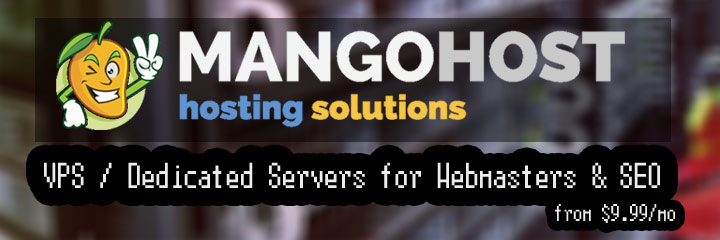
 Get the solution ↓↓↓
Get the solution ↓↓↓
Yes, I know that people don't like parsing PHP, use a tokenizer they said, it will be great they said... I want you to know it isn't great, it isn't even fine.
I am working in .NET and using PCRE-NET and want to parse some PHP Functions to see if I can do some PHP tree shaking.
I tried usingCodeParser which usesAntlr4 to tokenize, the results I got back were horrible to navigate. Yes it is all there technically, but it is so convoluted that really, Regex is better for what I am looking for.
I have the following regex working:
(?<functionScope>\w+)\s*function\s+(?<functionName>\w+)\s*\((?<functionArguments>(?:[^()]+)*)?\s*\)[\s:]*.*(?<functionBody>{(?:[^{}]+|(?-1))*+})
Try it out: https://regex101.com/r/yU6K45/1
This will break up a PHP File into the individual scopes, functions, arguments and function body. I am now looking at thefunctionBody and wanting to find all functions used inside that function, which I have here:
(?=[^\=\s])((?<functionClass>[$?\w[\w\d]*)?(?<ClassOperator>::|->|\\)?){0,3}?(?<functionName>\w[\w\d]*)\((?<Arguments>.*)?\)
See it at: https://regex101.com/r/3JzPR5/1
An issue I am having is with named groups. When there is a lot of namespacing, the named groups don't work out well. I am wondering if you have any ideas how to split up the line:
$uri = ExtraLevel\Psr7\UriResolver::resolve(Psr7\Utils::uriFor($config['base_uri']), $uri);
To where I would have something like:
Full match ExtraLevel\Psr7\UriResolver::resolve(Psr7\Utils::uriFor($config['base_uri']), $uri)
Group `functionClass` ExtraLevel\
Group `functionClass2` Psr7\
Group `functionClass3` UriResolver::
Group `functionName` resolve
Group `Arguments` Psr7\Utils::uriFor($config['base_uri']), $uri
Would love to match in a way that won't break when there aren't 3-4 levels.
Our community is visited by hundreds of web development professionals every day. Ask your question and get a quick answer for free.
Find the answer in similar questions on our website.
Do you know the answer to this question? Write a quick response to it. With your help, we will make our community stronger.
PHP (from the English Hypertext Preprocessor - hypertext preprocessor) is a scripting programming language for developing web applications. Supported by most hosting providers, it is one of the most popular tools for creating dynamic websites.
The PHP scripting language has gained wide popularity due to its processing speed, simplicity, cross-platform, functionality and distribution of source codes under its own license.
https://www.php.net/

Welcome to the Q&A site for web developers. Here you can ask a question about the problem you are facing and get answers from other experts. We have created a user-friendly interface so that you can quickly and free of charge ask a question about a web programming problem. We also invite other experts to join our community and help other members who ask questions. In addition, you can use our search for questions with a solution.
Ask about the real problem you are facing. Describe in detail what you are doing and what you want to achieve.
Our goal is to create a strong community in which everyone will support each other. If you find a question and know the answer to it, help others with your knowledge.